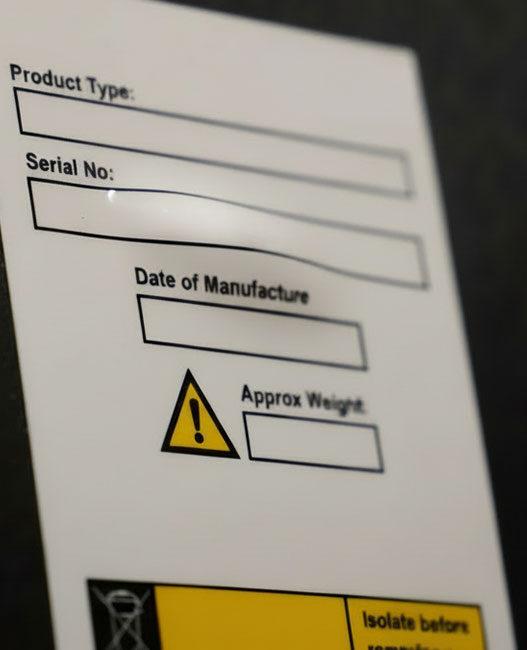In the report, Ricardo calculates the impact of lubricant innovation on CO2 emissions reduction across the entire European vehicle fleet. The fleet cost and emissions impact modelling described in the report was based on the use of the SULTAN transport model, previously developed by Ricardo Energy and Environment for the Directorate General Climate Action – the EU body responsible for policy on climate action.
The fleet modelling was underpinned by a robust analysis of evidence on the direct and indirect benefits of lubricants, led by experts from Ricardo Strategic Consulting. This was based on an extensive literature review, along with analysis of Ricardo proprietary information and consultation with ATIEL.
The report estimates that the direct benefit from engine lubricant technologies will deliver 1.2-3.9 Mt CO2 e/year of avoided emissions in 2020 (compared to 2005 lubricant technology) and will continue to reduce emissions by a further 0.9-2.7 Mt CO2 e/year by 2030. When indirect benefits are also considered – for example in the enablement of downsizing or of technologies that would otherwise not be viable without significant changes to lubricant chemistry – the total avoided emissions have been estimated to be 17.8-33.4 Mt CO2 e/year in 2020 and additional reductions could reach 6.0-9.0 Mt CO2 e/year by 2030.
The Ricardo modelling suggests lubricants have delivered an important portion of the decarbonisation of the EU; avoided emissions account for 2.2 up to 4.1% of reduction per year in road transport CO2 emissions to 2020. The expectation is this could lead to an additional 1.0-1.3% reduction by 2030.
The resulting cost savings from the direct and lube-enabled improvements to vehicle efficiency have been estimated to result in average annual cost saving per vehicle reaching €37-€67/year for passenger cars and €720-€1282/year for heavy trucks by 2020.
“I am pleased that we have been able to lead this important study highlighting both the direct and indirect benefits of engine lubricant technology on reducing vehicle CO2 emissions,” commented Nikolas Hill, Ricardo Energy and Environment associate director and knowledge leader – Transport Technology and Fuels.
“Ricardo was selected to lead this study based on its ability to combine deep technical expertise and data on engines and lubricants with EU transport fleet impact modelling. In addition to highlighting and quantifying the benefits of lubricant innovations, I believe that this is the first time that the approach of combining detailed technical analysis with wider fleet impacts modelling has been performed in the lubricants sector.”
Marco Digioia, ATIEL President, added: “We are proud of the contribution of lubricants, and the innovative technologies developed by our members, to CO2 reduction in Europe’s transport sector. Our industry continues to invest significantly in further research in this area in order that we can help drive and shape its transition into a competitive low carbon economy.”















